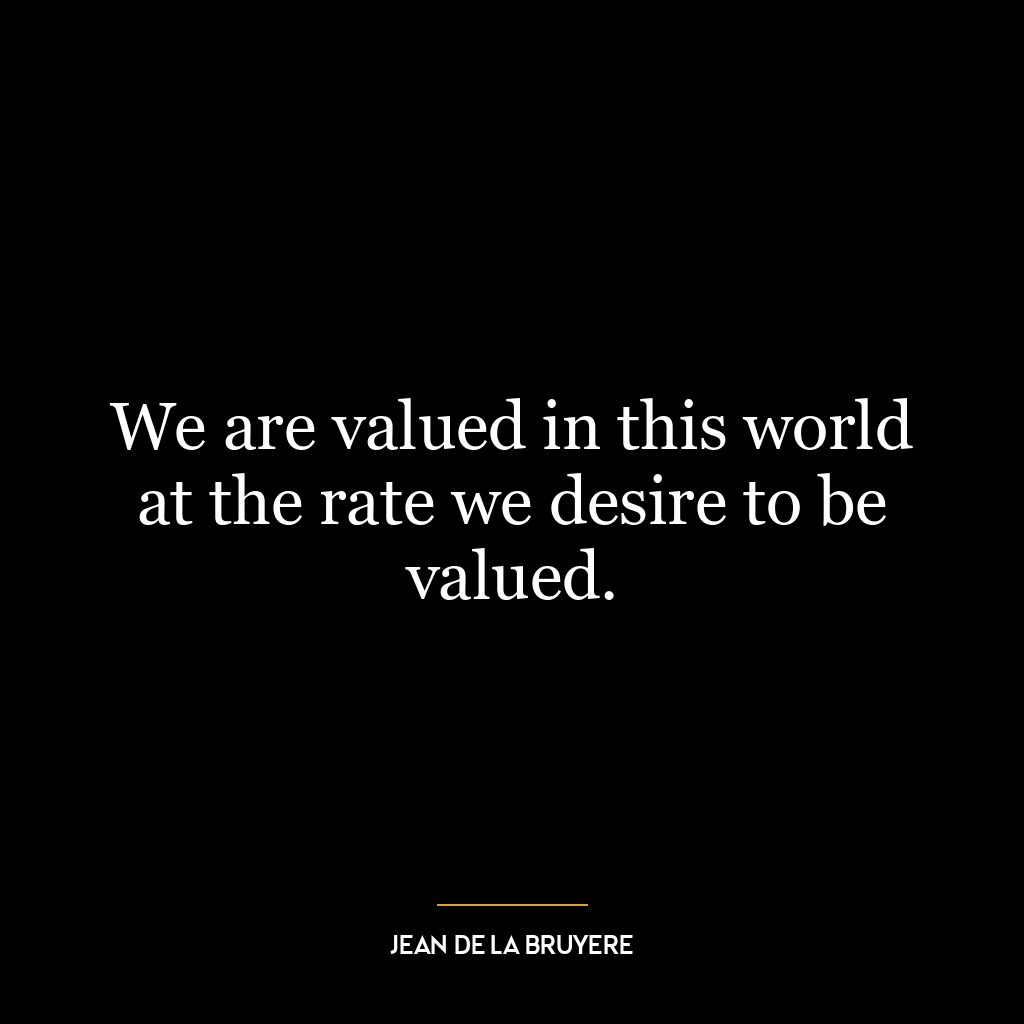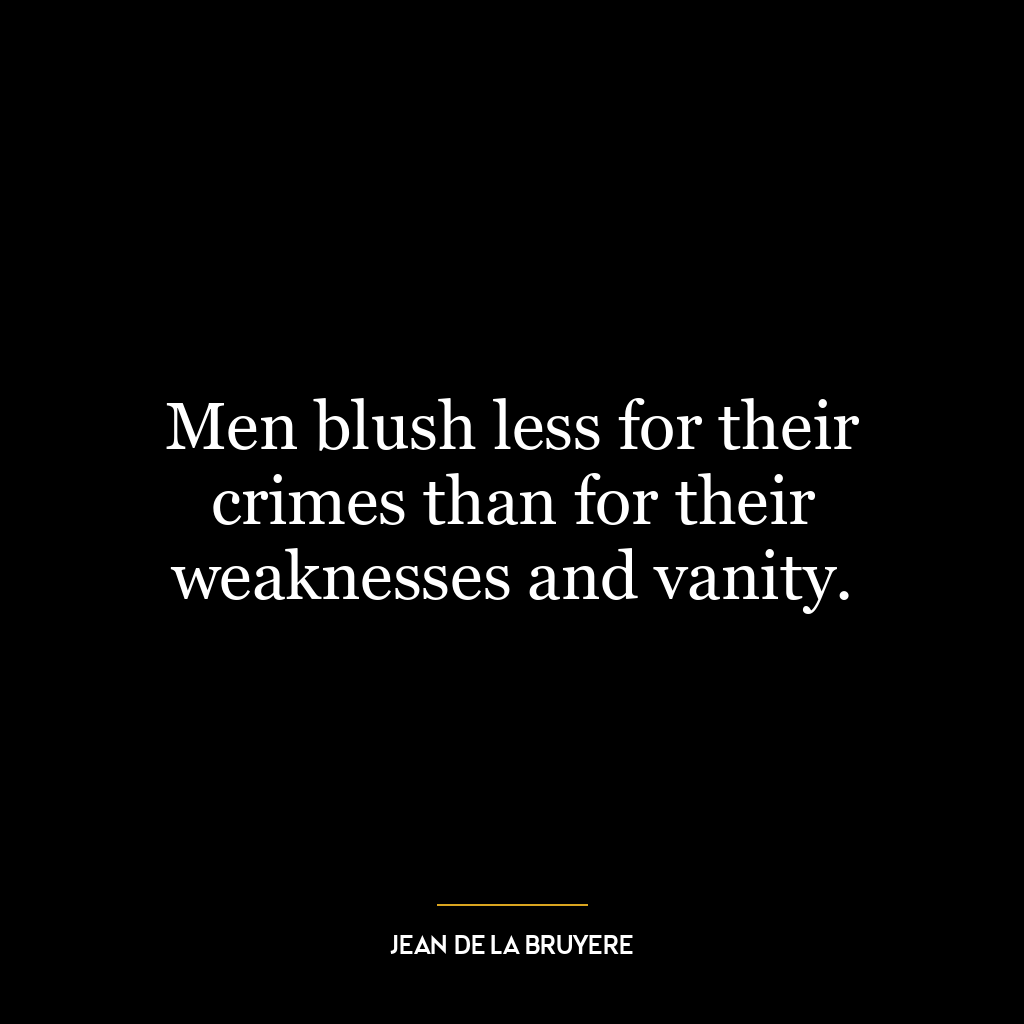It would seem that Our Lord finds our desires not too strong, but too weak.
This quote is suggesting that, in the context of spiritual or moral growth, our desires are not excessively strong as we might often believe, but rather they are too weak. It suggests that we tend to settle for less when we should be aiming for more. We often desire worldly and temporary things like wealth, fame, or physical pleasure. However, these desires are weak in the sense that they do not fulfill us deeply or permanently.
On a deeper level, this statement implies that our true potential lies beyond these worldly desires. Our real strength and fulfillment can only be discovered by desiring something greater and more profound – something spiritual or divine which could be love, truthfulness, kindness etc. This idea aligns with many religious teachings which encourage followers to seek higher virtues over materialistic gains.
In today’s world where consumerism is rampant and immediate gratification is sought after relentlessly, this quote encourages us to re-evaluate our priorities. It asks us to shift from superficial wants towards more meaningful aspirations—those that contribute towards personal growth and lasting happiness.
In terms of personal development too this idea holds significance as it encourages individuals not just to aim for easy wins but challenging tasks that lead to significant growth and fulfillment. Instead of desiring short-term success or comfort one should aim for long-term goals like gaining knowledge or developing skills even if they require hard work and patience.
So ultimately what Lewis suggests through this quote is a paradigm shift in what we see as desirable—from transient material possessions towards permanent inner growth; from the tangible yet hollow achievements towards intangible yet fulfilling virtues; from being ‘good enough’ towards becoming ‘better.’








